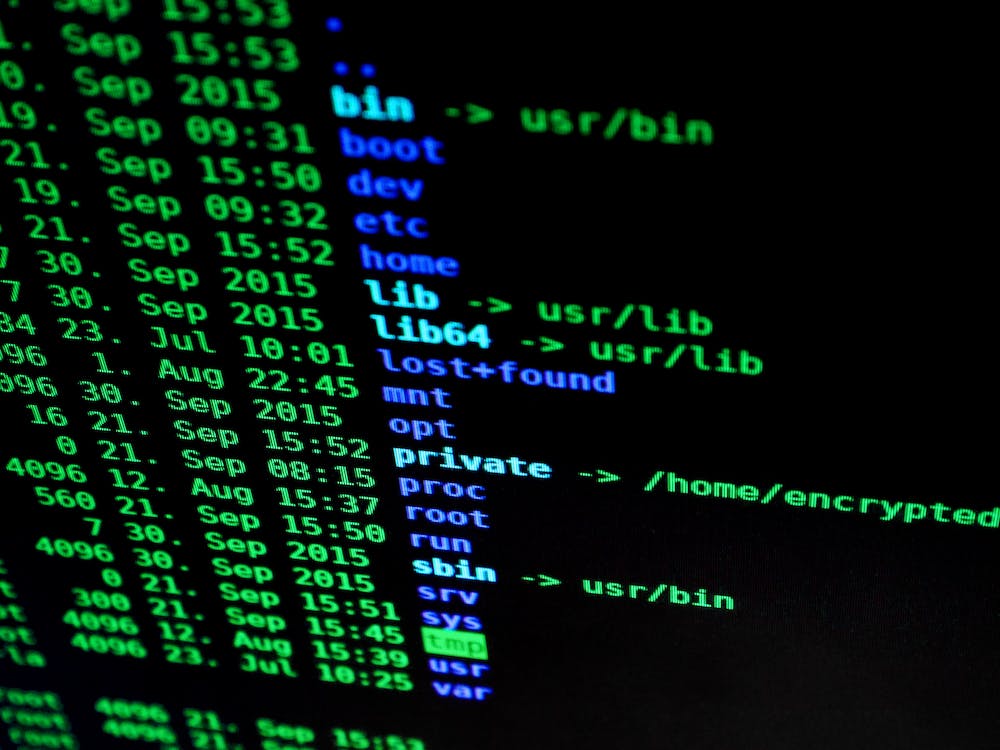
JavaScript is one of the most popular programming languages used for web development. Its versatility and ability to enhance interactivity on websites make IT a powerful tool for developers. In this article, we will explore a simple JavaScript trick that can revolutionize your web development skills and take your projects to the next level.
The Trick: Event Delegation
Event delegation is a technique that allows you to handle events on multiple elements with a single event handler. Instead of attaching an event listener to each individual element, you can attach the event listener to a parent element and use event delegation to handle events from its children.
Let’s say you have a list of items and you want to handle an event, such as a click, on each item. Instead of adding a click event listener to each item, you can add a single event listener to the parent element, let’s say a <ul> element, and use event delegation to handle the click event.
Here’s an example:
<ul id="myList">
<li>Item 1</li>
<li>Item 2</li>
<li>Item 3</li>
<li>Item 4</li>
</ul>
<script>
var list = document.getElementById("myList");
list.addEventListener("click", function(event) {
if(event.target.tagName === "LI") {
// Handle click on list item here
console.log("Clicked on:", event.target.textContent);
}
});
</script>
In the above example, we added a click event listener to the <ul> element and used event.target to identify which element within the <ul> was clicked. If the clicked element is an <li> element, we can handle the click event accordingly.
Event delegation simplifies your code and eliminates the need to add event listeners to each individual element. This is especially useful when dealing with large lists or dynamic content where elements are added or removed dynamically.
Advantages of Event Delegation
Event delegation offers several advantages:
- Efficient memory usage: By attaching a single event listener to a parent element, instead of multiple listeners to individual elements, you save memory usage. This is important, especially when dealing with large lists or complex web applications.
- Better performance: Event delegation reduces the overhead of attaching and detaching event listeners dynamically. IT improves performance, especially on low-powered devices or older browsers.
- Easier management of dynamic content: When elements are added or removed dynamically, event delegation ensures that the event listener is automatically applied to any new elements that match the selection criteria.
Conclusion
Event delegation is a simple JavaScript trick that can revolutionize your web development skills. By using event delegation, you can streamline your code, improve efficiency, and enhance performance. IT is a powerful technique that every web developer should master.
FAQs
Here are some frequently asked questions related to event delegation:
- Q: Can event delegation be used with any type of event?
- Q: Are there any performance considerations when using event delegation?
- Q: Can event delegation be used with nested elements?
A: Yes, event delegation can be used with any type of event, such as click, mouseover, keydown, etc. Simply attach the event listener to the parent element and use event delegation to handle the specific event.
A: Event delegation generally improves performance by reducing memory usage and minimizing the overhead of attaching and detaching event listeners dynamically. However, in some cases, if the parent element has a large number of children, event delegation might cause a slight delay in event handling. IT is advisable to perform performance testing for specific use cases.
A: Yes, event delegation can be used with nested elements. When an event occurs on a nested element, the event will bubble up to the parent element, and you can use event delegation to handle the event. Be cautious with event.stopPropagation() or event.stopImmediatePropagation() if you want to prevent the event from bubbling up to the parent element.
Event delegation is a powerful technique that can significantly enhance your web development skills. By mastering this trick, you can simplify your code, improve performance, and efficiently manage dynamic content. Start using event delegation in your JavaScript projects and experience the transformation IT brings to your web development workflow!





